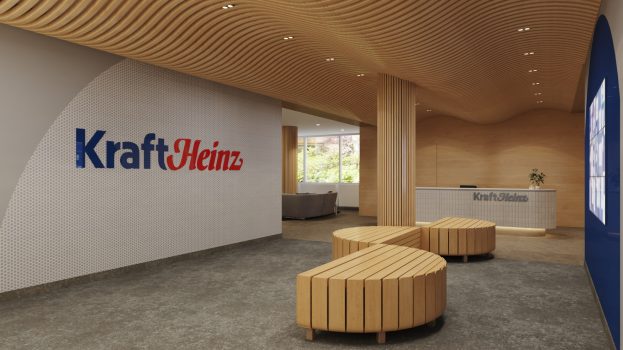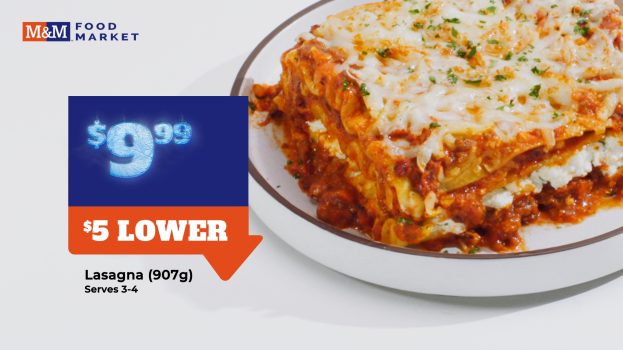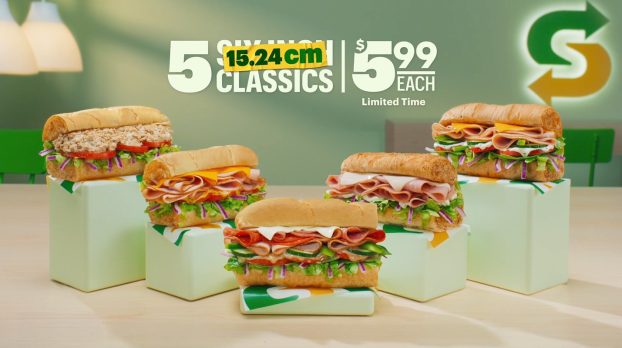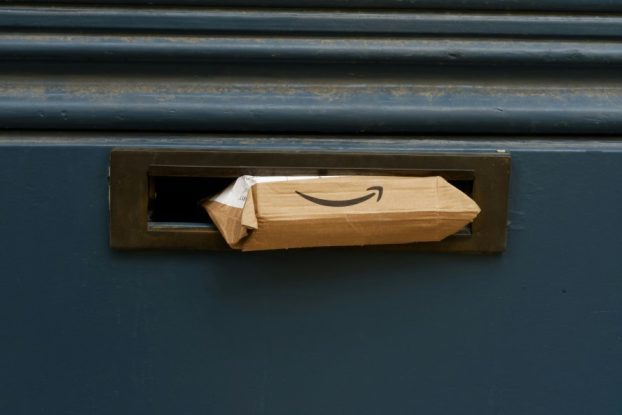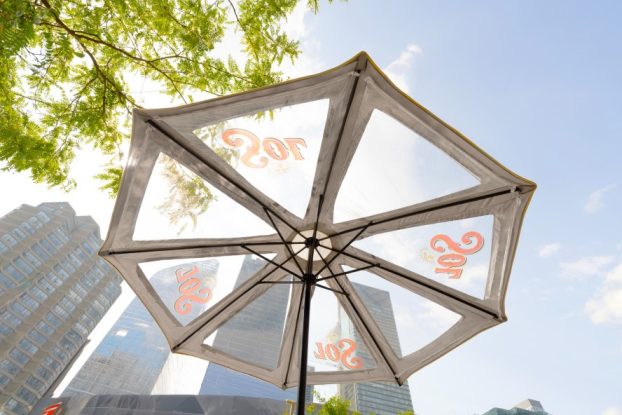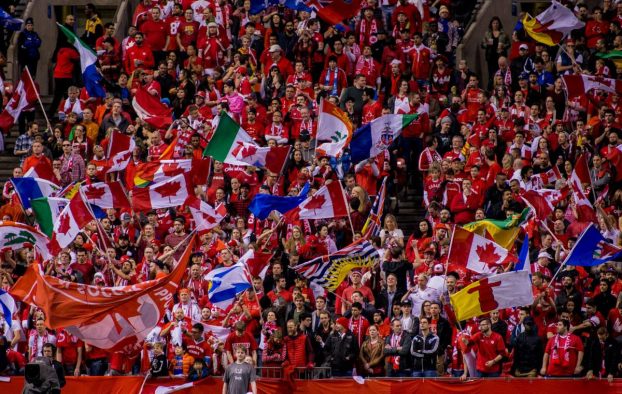From its humble beginnings in Toronto’s Corso Italia in 1963, premium grocer Pusateri’s has survived and thrived during challenging pandemic circumstances in an increasingly crowded space with lots of new entrants and consolidation.
The banner’s brand marketing manager Paolo Pusateri, spoke to strategy about the business’ present and future.
How closely do you pay attention to the “big guys”? When you look at someone like Sobeys ramp up and premiumize its private label, does that affect what you do at Pusateri’s?
We definitely keep an eye on the big guys. They’re always there and trying to differentiate themselves among other big players. And typically the way to do that is trying to be more niche and more premium. But ultimately, we think we still have a superior advantage and a better competitive advantage, not just at the product level, but at the experience level and the personalization you get from an in-store experience.
Private label, specifically, is something that’s super, super important for us. And we’ve always invested in huge infrastructure to support prepared foods. But we’re not just limited to the fresh private label, we are actually looking to expand our shelf-stable private label items over the coming years.
With Eataly now established in Toronto, do you think more food halls are going to be in the works once everything normalizes? And if they do, could it be case of a rising tide lifting all boats for Pusateri’s?
Yeah, I think so. What Eataly does is give a lot of good awareness to high quality products because of their scale. We carry a lot of the same and comparable products they do and I think they do a great job educating consumers with their brands, and independents that carry those type of quality products benefit as well.
How does your team approach shopper marketing? Is there still room for pallets and wobblers and old school kind of items like that? How do you work with brands to keep them top of mind?
It’s a bit different for us. We have never been really into the flyer space. But last year, what it’s definitely shown is people are always looking for value. And it’s been something we’ve had to double down on, But we don’t take a big box approach to it. We let the merchandise speak for itself and always try to offer value on the products we carry, and not only make our store a special place to shop, but somewhere you can also find your everyday items and be comfortable about buying them here.
I’ve been noticing a lot of Pusateri’s gift baskets lately? Do you think these will constitute a big part of your business going forward when things are stabilized?
There’s definitely huge momentum because of the availability of local products “made in Toronto” or “made in Canada” among specialty players. We are seeing a “colliding” of specialty foods and health and wellness foods.
The markets were once very separate and now they are coming together and starting to collide a little bit. And now specialty is not just limited towards fancy imported oils or something like that, but it’s also just really kind of working toward really clean, neat quality, ingredients and that’s kinda where the market is shifting. And a lot of smaller players are entering the market with those kinds of items.
Do you still see a lot of growth potential in meal kits and grocery boxes as you did at the beginning of the pandemic?
It was an opportunity for us to expand our assortment and address a new need in the market. And we are still seeing growth in it. An interesting thing we learned is that we need to have certain things available online. The rise of our ecommerce platform gave rise to new, online-only products channels, and that’s given us an opportunity to sell things that we normally never would have sold. We would never put a meal kit on a shelf in the grocery store to just sit there. We want it to be fresh to order. So, those are the types of things that ecommerce and omnichannel has just opened. Additionally, we now do cottage delivery services, leveraging the ecomm platform and we do weekly delivery services up to cottage country areas.
What kind of technology investments are you making to support growth?
We want to continue to invest in technology because the rate at which consumers are shopping in the omnichannel way has increased. And all of that development work that might have taken years to do was kind of been truncated into a much, much smaller timeframe. So we’ve been focusing on developing our own ecommerce shopping platforms. Prior to that, we were using third party solutions. So now we kind of run a two-tiered model and we’re going to continue to invest in that. So, we are working on an app, loyalty programs, all of these things to build an entire ecosystem for our customers.
Are you seeing a change in who might be interfacing with Pusateri’s lately? Who’s your core group?
That’s an interesting question because ecommerce is now a big part of our business and represents a bigger part than we ever imagined. So a new challenge for us is educating Instacart shoppers and others who are shopping on behalf of actual customers. The profile of our customer has not really changed. It’s still families shopping, there’s just a different person actually in the store.
The only big change over the pandemic is the people who were looking to us for lunchtime solutions near office towers, but we expect that to rebound when things return to normal.
The Longo’s buyout by Empire is still fresh in the grocery business. Do see see further consolidation down the road?
We don’t really consider them direct competitors, but industry consolidation is something we’re definitely aware of. It kind of bolsters us and local independent businesses and the need to really band together. Buying local is a whole other value proposition by itself and there’s a lot of value in that. And you know, from a loyalty perspective, giants are getting bigger and their access to information and data and customer profiling will continue to get stronger and more robust, giving us an opportunity to listen deeper to our customer and look to data points on our own systems to figure out how best to serve our market.




